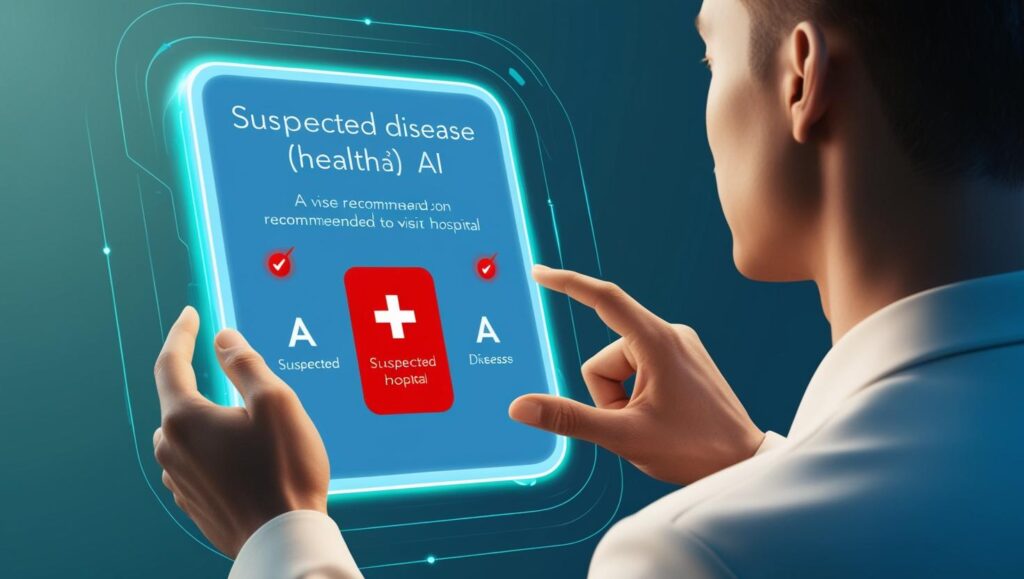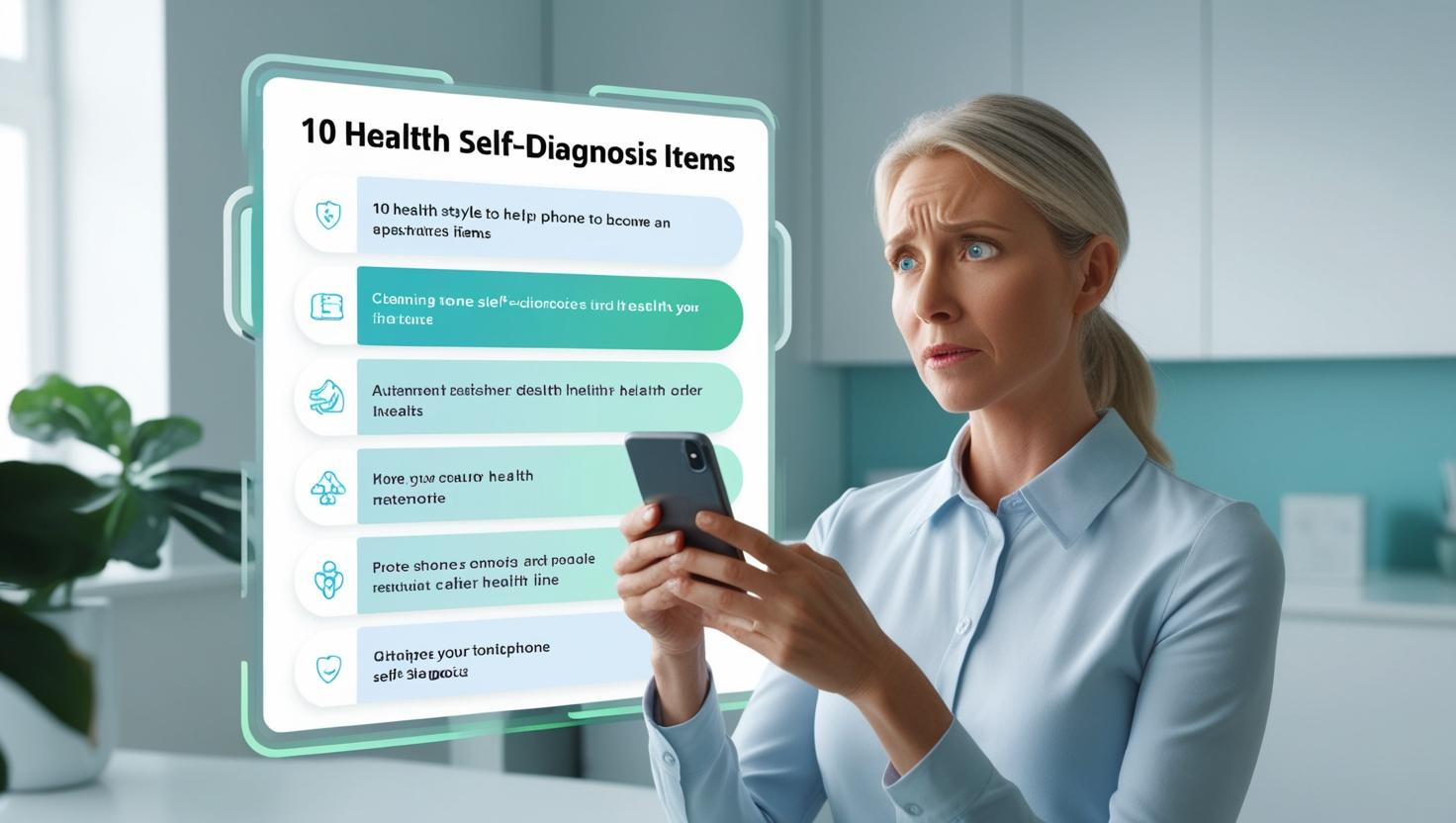10 Essential AI Symptom Checker Tips to Know Before Visiting a Doctor
Can You Really Trust AI Symptom Checkers?
Today, many people turn to AI symptom checkers before even searching online. Type in symptoms like “stomach pain” or “persistent headache,” and these tools quickly suggest possible conditions.
Popular platforms like Symptomate, Babylon Health, Doctor Answer (닥터앤서), and Ada Health use AI to assess your symptoms and suggest potential diseases along with risk levels.
Still, you may wonder—”Can I rely on this and skip the doctor?”
What Is an AI Symptom Checker?
An AI symptom checker uses your input—symptoms and personal data—to estimate likely health conditions. Key features include:
- Predicts and categorizes various conditions
- Advises if medical attention is needed
- Assesses urgency level
- Tracks and manages symptom history

How to Use AI Symptom Checkers Wisely
These tools help identify potential issues quickly and guide you on whether to see a doctor. But if you notice any of the following red flags, a professional evaluation is a must:
🔹 Warning Symptoms
- Recurring headaches
- Nausea or heartburn
- Chest discomfort
- Numbness or tingling
- Sudden weight changes
Use AI checkers for initial insight, but follow up with a doctor for an accurate diagnosis.
Real-Life Applications
- Emergency Room Integration: Some Korean hospitals are using AI triage tools
- Pre-appointment screening: Helps determine urgency before booking a visit
- Linked with personal health apps for daily monitoring
Could You Be at Risk?
If you notice any of the following, consider using an AI checker for a quick assessment:
🔹 Symptom Checklist
- More than two headaches a day
- Fever but unsure if it’s serious
- Recurring nausea or stomach discomfort
- Frequent chest tightness
- Persistent numbness in hands or feet for over a month
How to Use AI Health Tools Safely
| Item | Tips | Cautions |
|---|---|---|
| Using AI symptom tools | Describe symptoms in as much detail as possible | Don’t treat the result as a final diagnosis |
| Tracking symptoms | Keep logs in an app | Watch for data privacy risks |
| Connecting with healthcare | Use platforms that support hospital integration | Review privacy policies carefully |
📊 AI in Korea: 2023 Updates
- Ministry of Health: Introduced AI diagnostics in 8 healthcare areas (e.g. Doctor Answer)
- 73% of doctors find AI tools helpful for clinical support (KMA Survey)
- From 2024, AI triage systems to expand to emergency departments
Q&A: Common Questions About AI Health Tools
Q: Can AI really diagnose illness?
A: It classifies likely conditions but is not a substitute for clinical diagnosis.
Q: Are there free tools available?
A: Yes—Symptomate and WebMD offer free access.
Q: Is my data safe?
A: Always check the tool’s privacy policy before use.
Q: Are there Korean-language options?
A: Yes, Doctor Answer supports Korean and links to clinics.
Q: Do doctors use AI results?
A: Some specialists use them as references, not replacements.

Summary
AI symptom checkers are fast and smart—but they can’t replace medical professionals.
Still, they can offer valuable guidance when you’re unsure about a symptom.
💬 Have you tried an AI symptom checker?
Be aware of immune health indicators too: Warning Signs Your Immune System Might Be Weak
